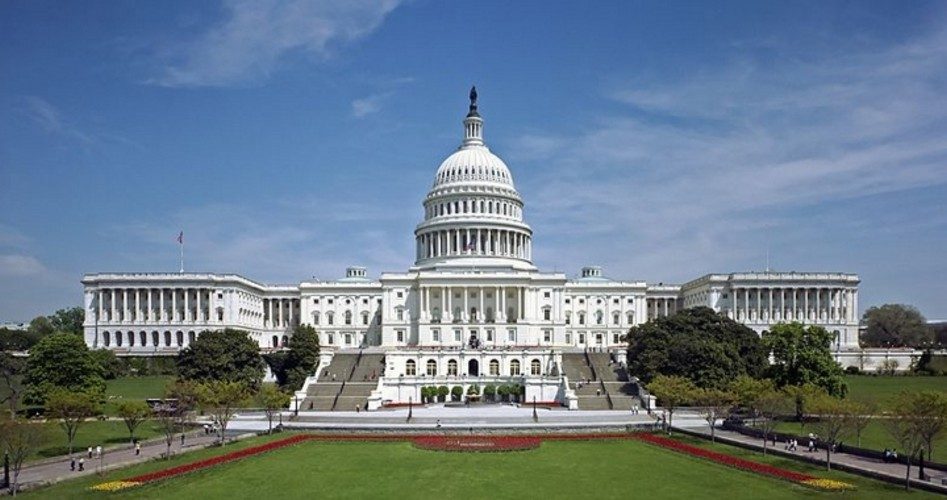
House Republicans have decided to pass on a stand-off against the White House and Democratic Senate on the looming national debt limit fight, choosing instead to insist upon an unconstitutional measure denying senators federal pay until the Senate passes a budget. “We are going to pursue strategies that will obligate the Senate to finally join the House in confronting the government’s spending problem,” House Speaker John Boehner said January 18. “The principle is simple: no budget, no pay.”
But overall, House Republicans have decided they will not make raising the national debt a major fight. According to the Washington, D.C.-based newspaper Roll Call, Republicans have all but given up their constitutional authority to rein in federal spending, choosing instead to “compromise” with Capitol Hill liberals. “Despite a new feeling of unity, Republican demands for raising the debt ceiling have been scaled back after a concerted push by several leading lawmakers, such as Budget Chairman Paul D. Ryan of Wisconsin, to inject a sense of reality into what the rank and file could reasonably hope to accomplish as they battle a Democratic president and Senate over the next two years.”
The U.S. Senate has not passed a budget since 2009, but impounding the pay of senators is a clear violation of the 27th amendment, which reads:
No law, varying the compensation for the services of the Senators and Representatives, shall take effect, until an election of Representatives shall have intervened.
The 27th amendment was originally drafted by James Madison in 1789 and passed by Congress as part of the original Bill of Rights, but the states did not ratify it until 1992.
House Republican leaders have argued that their proposed legislative gimmick would not violate the 27th Amendment because it would only impound senators’ pay, and not reduce the overall pay. “The legislation does not change members’ pay. It does not reduce it,” one GOP leadership aide told the leftist blog, Talking Points Memo. “It withholds it until they pass a budget, which is permissible under the 27th Amendment.” But impounding a person’s pay is still “varying” the pay, as evidenced by John Boehner’s admission that his goal was based upon the “principle … no budget, no pay.”
From a practical political viewpoint, House Republican insistence upon the debt limit issue to require a balanced budget plan would be less politically popular than waging the fight on appropriations bills later in the spring. Although the Republicans hold all the cards — constitutionally speaking — on the debt limit issue, the Republican House previously approved the trillion-dollar deficit spending that requires the new borrowing. The White House would likely make a political case of hypocrisy, and claim that the Republicans are “defaulting” on their spending. In addition, such a fight may harm the credit rating of the U.S. government.
But waging the fight later in the spring would involve new money, not involve a threat of default and the House Republicans would still hold all the cards. Under the U.S. Constitution, the federal government cannot spend a penny unless the House of Representatives (and Senate) first approves the spending through legislation. If the House doesn’t pass the spending, then deficits won’t exist. Therefore — if they had the will to do so — House Republicans could balance the budget all by themselves, regardless of the views of the White House and Democratic Senate. The worst Democrats could do is threaten to shut down the federal government, but this too would ensure a balanced budget.
Of course, to say that “if the Republicans insist upon a balanced budget” later in the spring is a big “if.” House Republicans have rubber stamped trillion-dollar deficits over the past two years that closely imitate White House budget proposals, and House GOP leaders have floated no significant spending cuts and no budget proposals that would balance the budget in any reasonable time frame (though former Rep. Ron Paul floated a two-year balanced budget proposal last year).
Photo of west front of U.S. Capitol



